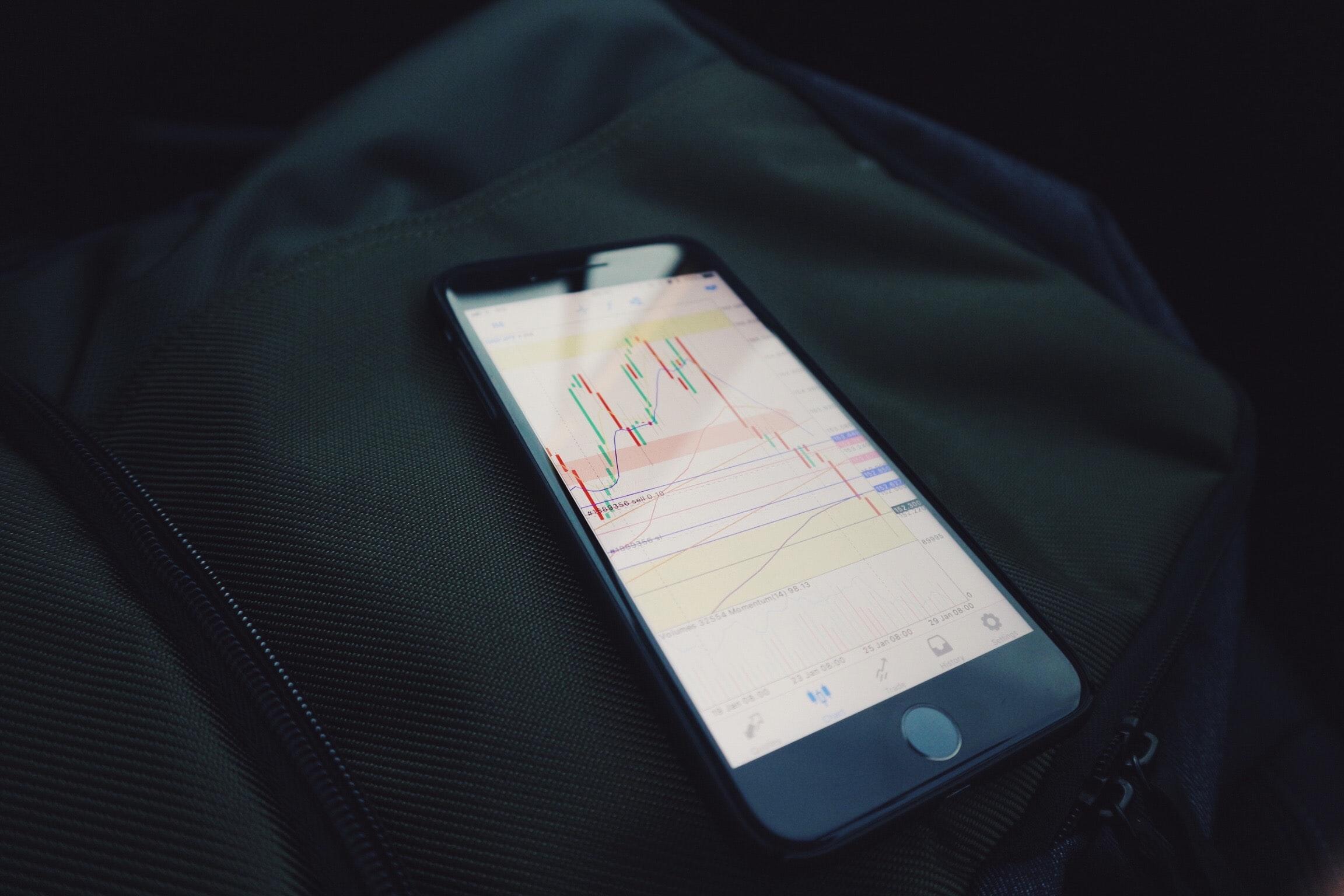
Author: Kyle Labelle
It was inevitable to hear the terms Robinhood and IPO in the same sentence. Robinhood, the investing app, has had its name all over the place in recent years. And with the company still privately held, Robinhood and IPO seemed destined to touch the headlines of financial newspapers. What may not have been foreseen was that Robinhood would not only be going through an IPO itself but would be offering its customers the opportunity to invest in other IPO offerings.
Rise of Robinhood
The rise of Robinhood has not been without controversy. It started back in 2013 with the app’s innovative creation by Stanford classmates and alums, Vladimir Tenev and Baiju Bhatt. Robinhood revolutionized investment trading based around their mission to democratize finance for all . The company was able to do just that with the help of several notable early breakthroughs, including its pièce de résistance as the first commission-free trading platform. This innovation meant investors no longer had to pay $5-$10 per transaction. Tenev and Bhatt did not stop there but also became one of the first platforms to require no minimum account balance, allow for fractional shares to be bought and sold, enabling someone to buy as much of a company as they could afford independent of the current share price. This innovation allowed those with little money available to invest to find a foothold in the investing world. Gone are the days where you need to wait on the sidelines while you scrounge together hundreds or sometimes even thousands of dollars to invest in a particular stock. The penultimate reason for Robinhood’s success was the inclusion of options and crypto trading on the platform, and today, Robinhood has become synonymous with options trading. The addition of video game-like user interface features and an intuitive and appealing user-interface, and it seems as though Robinhood was destined to become the finance app of the “little guy.”
Since 2013, Robinhood has grown to have over 19 million users on its platform with nearly a third joining in the first 2 months of 2021 alone. With an average account size of just $3,500 Robinhood is dwarfed by legacy platforms, TD Ameritrade and Charles Schwab, whose clients’ accounts average over $100,000 in invested assets. It seems that nearly a decade after its creation, Tenev and Bhatt’s app has kept to its target market of “younger, less profitable investors who have less money to invest” and in so doing, Robinhood has become the trading app of choice for many Millennial and Gen Z investors.
An example of the mass adoption of Robinhood and how it has impacted the financial markets is best highlighted by looking at the rise of GameStop at the end of 2020 and beginning of 2021 as well as the subsequent rise of AMC , with no change in fundamentals, that occurred in May. Due to the rising popularity of the retail investor and the meme stock craze , Robinhood’s platform has come under increasing scrutiny by industry stalwarts , like Warren Buffett and Charlie Munger. In their 2021 Berkshire Hathaway Annual Meeting, Buffet and Munger warned of the implications for investors of treating stock market investing like gambling. And this is where the latest addition to Robinhood’s platform comes into play.
IPO Access
On May 20th, Robinhood put out a blog post where it announced the creation of its new IPO Access feature which, according to the blog post, is a “new product that will give you the opportunity to buy shares of companies at their IPO price, before trading on public exchanges.” The story went on to say that “most IPO shares typically go to institutions or wealthier investors. With IPO Access, everyday investors at Robinhood will have the chance to get in at the IPO price.”
So, what exactly is an IPO ? An initial public offering (IPO) is when a privately held company becomes a publicly traded one. It is at this point individuals can purchase shares and become part owners of the corporation. It is popularly believed that IPOs are great investment opportunities and a “get rich quick” mechanism to building wealth. However, it is vitally important for people to understand that IPOs can be extremely risky alternatives to more well-established companies. According to Kate Ashford with Forbes , “more than 60% of IPOs between 1975 and 2011 saw negative absolute returns after five years.” While past performance is not indicative of future returns, it is important to note that IPOs may not be the bellwether the media makes them out to be. A crucial factor for this is the limited amount of public data available and the inherent risk associated with owning individual stocks. Because companies going through an IPO are private organizations, there is not always the same degree of financial reporting and documentation as there is with public entities. Add to this business and market risk, and the riskiness of IPOs becomes more understandable. That is why many financial advisors advocate for investors to diversify their risk by investing in low-cost, broadly diversified, passively managed mutual funds or index funds.
Implications of Robinhood’s Announcement
With IPO Access gradually rolling out for its customers, Robinhood has positioned itself to become one of the largest IPO investing platforms out there. This has real implications for those using the app. If earlier trends associated with Robinhood like the meme stock craze and increased day trading by amateur investors is a sign of things to come, then Robinhood’s customers, and the investing public, should be cautious and do their due diligence prior to investing. It is crucial for users to understand the implications of using IPO Access and how investing in the stock market works. It is equally as important for individuals to consider the potential impacts their investment choices may have on their overall financial plan.
Without adequate knowledge surrounding investment choices and all the ramifications associated with those choices, individuals may be hurting their financial future. By forgoing investment options that could better align with their goals, retail investors may be exposing themselves to unnecessarily high opportunity costs. Deciding to allocate funds to risky ventures like IPOs reduces the amount of money available for other investments. Add to this, the effects of lost compound interest, and a financial choice stemming from a lack of education on financial instruments can end up costing an investor tens or even hundreds of thousands of dollars over their lifetime.
This seems to be the prevailing opinion of the Financial Industry Regulatory Authority. On June 30th, 2021, FINRA, one of the organizations responsible for regulating the finance industry, levied Robinhood with the largest sanction it has ever ordered . Robinhood agreed to pay almost $70 million dollars to settle allegations of “widespread and significant” harm across various issues including its failure to perform due diligence on options trades that the company allowed its customers to make. The regulatory agency felt that Robinhood has not been doing a good enough job educating its users on the risk associated with some of the platform’s existing offerings and has allowed users to engage in options trading, whose financial circumstances did not qualify them to do so. Those thinking about using IPO Access to invest in private companies need to ensure they do the appropriate research and understand how adding IPOs to their portfolios impacts the entirety of their financial picture.
Conclusion
Any investor needs to understand the risks related to the investments they are making, and how those risks could affect their financial future. That is why contacting a Financial Advisor can really make a difference. By working with an Advisor, clients can be more confident that the decisions they make, and the investments they choose, better align with their financial goals. An experienced advisor can help educate clients about all the options available to them and discuss which ones best suit their goals. Through the creation of a comprehensive financial plan, different implications associated with IPOs, day trading, and the gamification of investing can be discussed to determine how much, if any, of a client’s portfolio should be allocated in such a manner.
Kyle Labelle is a Planning Associate at Milestone Financial Planning, LLC, a fee-only financial planning firm in Bedford NH. Milestone works with clients on a long-term, ongoing basis. Our fees are based on the assets that we manage and may include an annual financial planning subscription fee. Clients receive financial planning, tax planning, retirement planning, and investment management services, and have unlimited access to our advisors. We receive no commissions or referral fees. We put our clients’ interests first. If you need assistance with your investments or financial planning, please reach out to one of our fee-only advisors .



